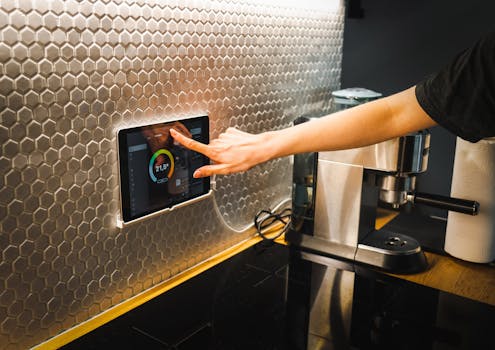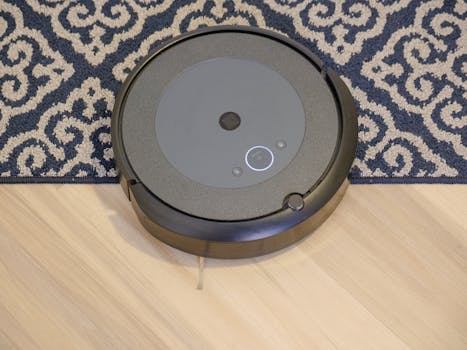
Smart Homes and Smart Living: The Technological Transformation of European Homes by 2025
Smart Homes and Smart Living is revolutionizing the way we live in our homes. The integration of smart technology into European homes is transforming the way we interact with our living spaces, making life easier, more convenient, and sustainable. By 2025, it is estimated that the majority of European homes will be equipped with smart devices and systems, changing the face of home living forever.
Introduction to Smart Homes

A smart home is a residence that has been equipped with advanced technology to make it more comfortable, convenient, and sustainable. This can include devices such as thermostats, lights, and security systems that can be controlled remotely through a smartphone or voice assistant. The goal of a smart home is to create a seamless and intuitive living experience, where technology enhances and simplifies daily life.
The Benefits of Smart Homes

The benefits of smart homes are numerous. They can help to reduce energy consumption, improve safety and security, and enhance the overall quality of life. With smart devices, homeowners can control their lighting, heating, and cooling systems, reducing waste and saving money on utility bills. Smart homes can also be equipped with advanced security systems, including cameras, motion detectors, and door sensors, providing an added layer of protection for homeowners and their families.
The Future of Smart Homes in Europe

By 2025, the smart home market in Europe is expected to experience significant growth, with an estimated 50% of households adopting smart home technology. This will be driven by the increasing demand for convenience, sustainability, and security. The development of new technologies, such as voice assistants and artificial intelligence, will also play a major role in shaping the future of smart homes in Europe.
Challenges and Limitations

While the benefits of smart homes are clear, there are also challenges and limitations to consider. One of the main concerns is the issue of data privacy and security. With the increasing amount of personal data being collected and stored by smart devices, there is a risk of hacking and cyber attacks. Additionally, the high cost of smart devices and systems can be a barrier for many homeowners, particularly those on a low income.
Conclusion

In conclusion, the future of smart homes in Europe is exciting and promising. With the integration of advanced technology, homes will become more comfortable, convenient, and sustainable. While there are challenges and limitations to consider, the benefits of smart homes far outweigh the costs. As we move towards 2025, it is clear that smart homes will play a major role in shaping the future of European living.





